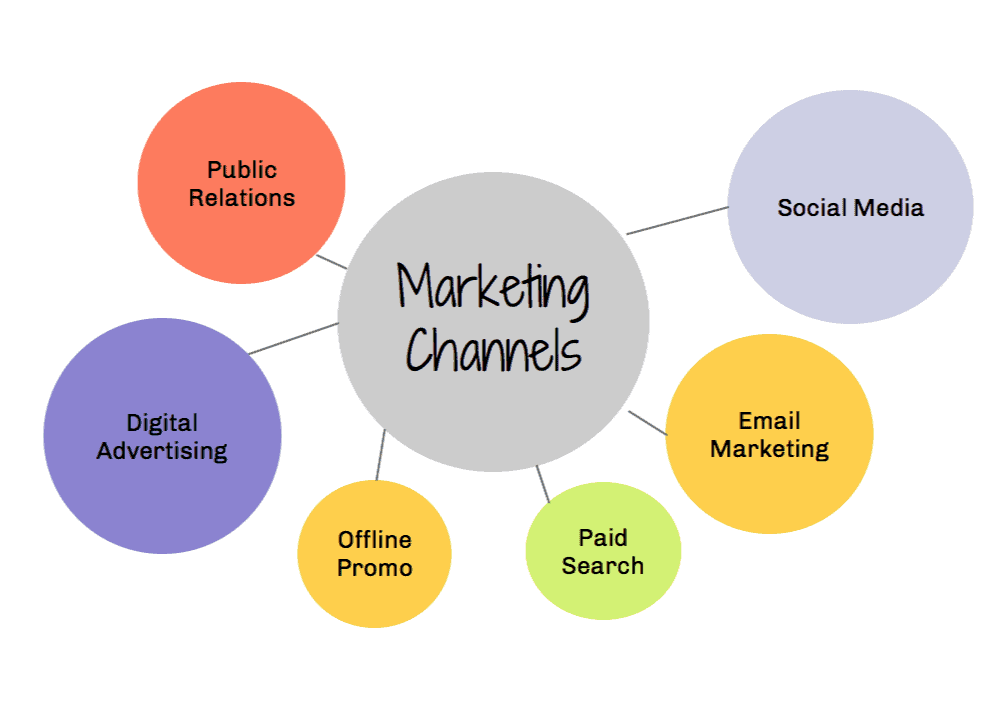Brands are spending marketing dollars in a number of channels, and they need help bringing all of that information together.
The significance of cross-channel marketing strategies is clear. Consumers are everywhere, and marketers have to be, as well. However, there are some decisions marketers must make regarding the amount of time – and money – they want to spend in different channels. What creative works best for social? How much of the budget should go to paid search? Which channel will reach the right audience at the right time? These decisions should be based on data and customer behavior, and they need to shift in near real time.
In September, we attended DMEXCO, the largest international exposition for digital marketers. We wanted to find out the full extent of the cross-channel challenge facing big brands today and exactly how they are managing their digital marketing efforts across channels. What we found is that marketers are taking on more and more channels to keep up with consumers without the capacity to process and apply the information.
Biggest marketing challenge: fragmentation
Our survey included the seven most popular channels: social, video, mobile, display, search, email and TV and radio. We asked 100 leading brands how important each channel is to their success.
Search (62.8 percent), display (50.5 percent), social (47.9 percent) and mobile (45 percent) were all ranked as most important.
When marketers use multiple channels for their success, it becomes difficult to design, plan,and execute across all channels, especially when different in-house and outsourced teams and tools are used.
Adding to the channel fragmentation challenge is the role of brands’ in-house channel management versus external partners. We found most organizations were dealing with combinations of channel management strategies which were segmented between internal departments and/or allocated to separate external partners per channel.
As marketers invest in more channels, the challenges become clear. More than 66 percent of respondents said their biggest challenge is managing campaigns across different channels and devices. The issues don’t end there, though. Respondents also cited using data-driven marketing to drive campaigns (52.6 percent) and managing attribution for spending (31.6 percent) as major hurdles to their success. This all speaks to the growing problem of trying to combine the management of marketing initiatives across multiple channels, and multiple devices. When third parties are involved, it’s even more difficult to gauge success and direct campaigns effectively.
In-line with what our results showed when new advertisers approach us to begin a cross channel campaign we are hearing more and more that businesses need help unifying their omnichannel campaigns to make better decisions about financial and time commitments.
Want to learn more about what cross-channel marketing can do for your business? Contact us for a full demo.

